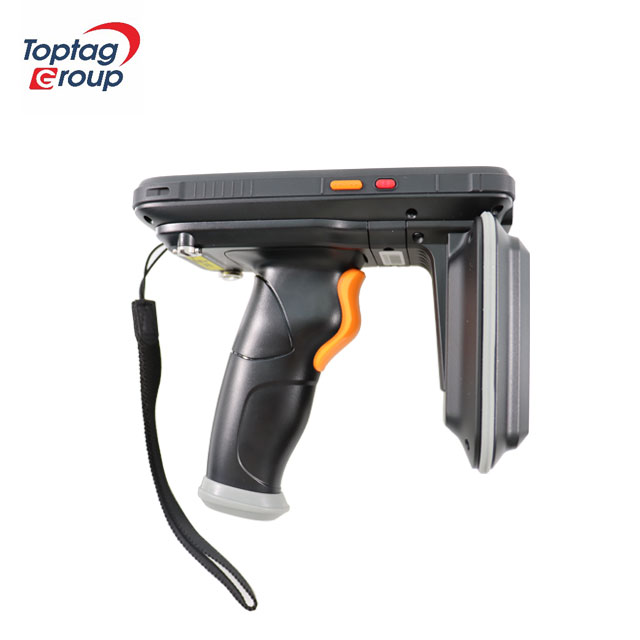In the era of Industry 4.0, the manufacturing industry is actively promoting digital transformation, aiming at the pursuit of maximum cost-effectiveness and ultimate efficiency. At the same time, it has transitioned from concepts, goals, and slogans to specific solutions, and gradually penetrated into the entire scene of smart factories. Against this background, more and more manufacturing companies are seeking automated data collection methods to improve production efficiency and capacity. As a common data collection tool, RFID technology provides strong support for manufacturers to achieve higher levels of productivity, efficiency and automation due to its excellent performance and adaptability to harsh industrial environments.
In many processes of industrial manufacturing, RFID technology covers multiple key processes from material tracking management to station management and production process control in the production process, to quality traceability and supply chain collaboration, and station management and link processes The two links of management and control are important nodes in the manufacturing process. Station management can help manufacturing companies better implement production plans. By monitoring the work progress and production capacity of stations in real time, the production plan can be adjusted in time to ensure on-time delivery of production; link process control can achieve supply chain collaboration and visibility. By sharing RFID data in different links, all parties in the supply chain can understand the production progress and product status in real time, so as to better coordinate and plan supply chain activities.
Introduction
Workstation Management On manufacturing assembly lines, efficient workstation management is critical to ensuring seamless operations and timely production. When a product or part moves to a station, the RFID reader deployed on the station can identify the RFID tag on the product or part, so that supervisors can remotely monitor the status of the station in real time, so as to understand and control the entire During the production and assembly process, the production plan is adjusted in real time to achieve reasonable allocation of resources.
Process Control Effective process control is critical to preventing delays, reducing waste and optimizing resource utilization. RFID technology enables manufacturing supervisors to achieve precise process control by tracking the movement of products and parts throughout the assembly line. As products move from station to station, RFID readers read data from the RFID tags, recording progress and any deviations from the intended workflow. Real-time analysis of data enables supervisors to identify areas for improvement and quickly implement corrective actions.




